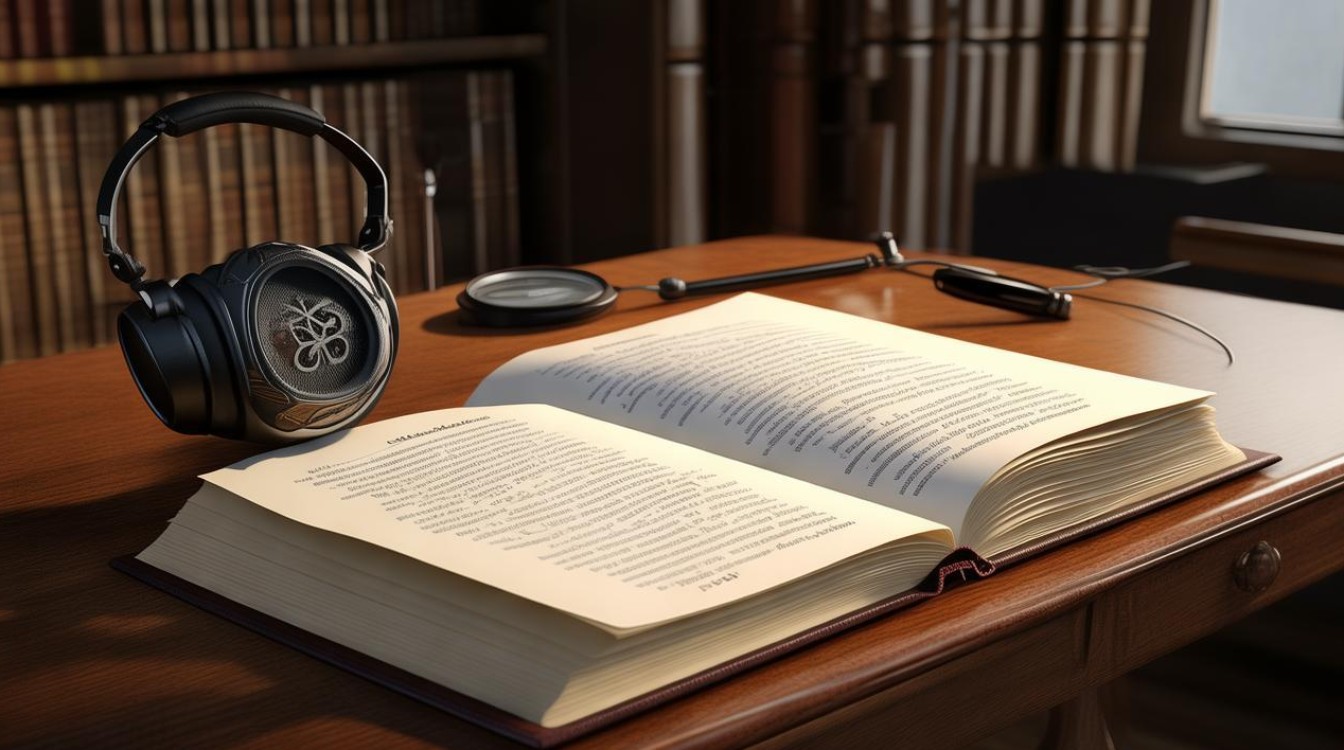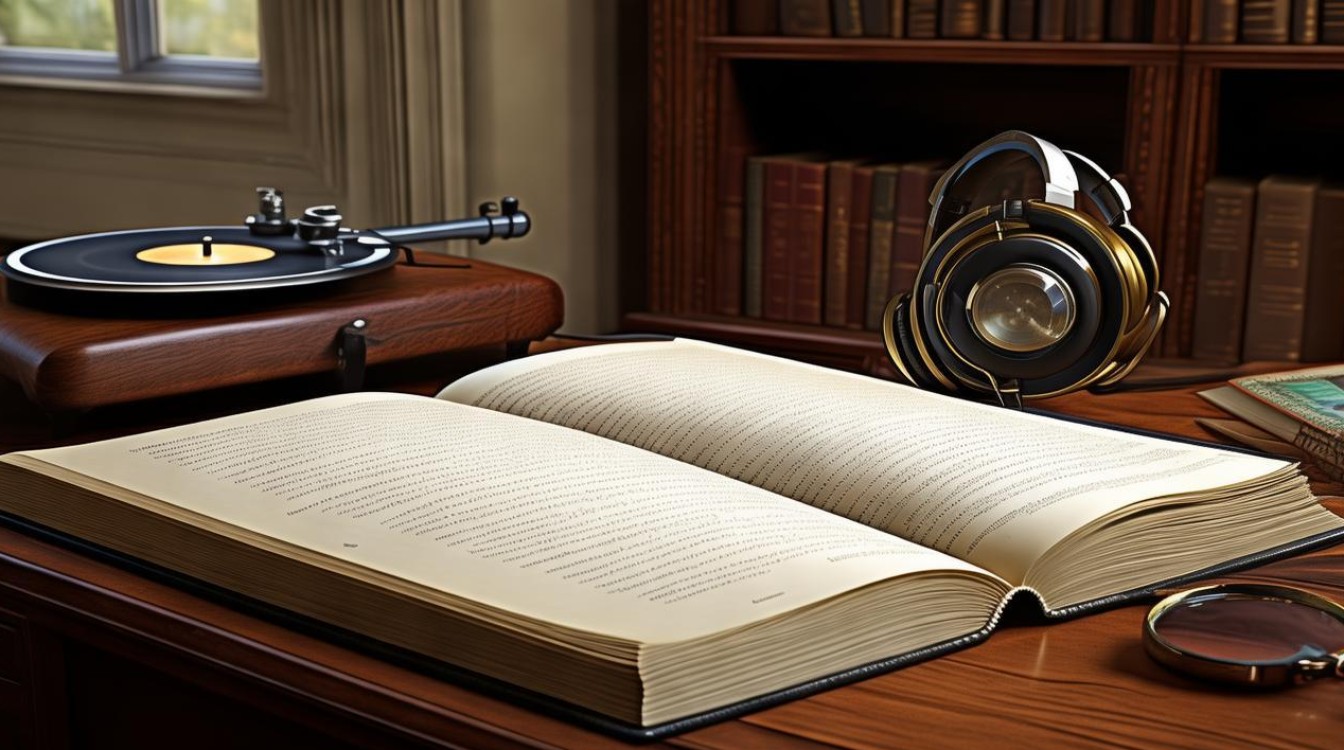The sense of hearing connects us to the world in profound ways, allowing us to communicate, enjoy music, and stay aware of our surroundings. The English language is rich with words that describe sounds, auditory experiences, and the mechanics of hearing. Whether you're a language enthusiast, a student, or simply curious, understanding these terms can deepen your appreciation for how we perceive sound.

The Basics of Hearing
Before diving into specific words, it helps to grasp how hearing works. Sound travels as vibrations through the air, entering the ear and causing the eardrum to vibrate. These vibrations pass through tiny bones in the middle ear before reaching the cochlea, where hair cells convert them into electrical signals sent to the brain. This intricate process allows us to interpret everything from whispers to thunder.
Words Describing Sounds
English has a vast vocabulary for different types of sounds, each carrying distinct meanings:
- Melodic: Pleasant, musical sounds, like a songbird’s tune.
- Cacophonous: Harsh, jarring noises, such as screeching brakes.
- Resonant: Deep, rich sounds that linger, like a gong’s echo.
- Muffled: Softened or indistinct, as if heard through a barrier.
- Piercing: Sharp, high-pitched sounds that demand attention.
Onomatopoeic words mimic the sounds they describe, making them vivid and expressive:
- Buzz: The humming of bees.
- Hiss: The sound of steam escaping.
- Clang: Metal striking metal.
- Rustle: Leaves brushing together.
Words About Listening and Perception
Hearing isn’t just about detecting noise—it’s also about how we process and respond to it:
- Attentive: Actively focusing on what is heard.
- Overhear: Accidentally catching someone else’s conversation.
- Eavesdrop: Secretly listening to others, often without consent.
- Tune out: Ignoring sounds or conversations.
- Mishear: Mistaking one word or phrase for another.
Some words describe the quality of hearing itself:

- Acute: Sharp, highly sensitive hearing.
- Impaired: Reduced ability to hear.
- Selective hearing: Only paying attention to certain sounds while ignoring others.
Technical Terms in Acoustics
For those interested in the science of sound, these terms are essential:
- Frequency: The pitch of a sound, measured in Hertz (Hz).
- Decibel (dB): A unit measuring sound intensity.
- Echo: A reflected sound wave that repeats the original sound.
- Ultrasound: Sounds above the human hearing range, used in medical imaging.
- Infrasound: Sounds below the human hearing range, like those produced by earthquakes.
Idioms and Expressions Involving Hearing
English idioms often incorporate auditory imagery to convey meaning:
- Music to my ears: Delightful news or information.
- Fall on deaf ears: Being ignored or disregarded.
- Hear it through the grapevine: Learning information unofficially.
- In one ear and out the other: Quickly forgetting what was heard.
These phrases enrich communication by adding layers of nuance.
The Emotional Impact of Sound
Sounds evoke powerful emotions. A lullaby soothes, while a sudden crash startles. Words like euphonic (pleasing to the ear) and discordant (clashing sounds) capture these reactions. Music, in particular, relies on auditory language—harmony, rhythm, and pitch shape our listening experiences.
Hearing in Different Contexts
The way we describe hearing varies across settings:

- Medical: Terms like tinnitus (ringing in the ears) or auditory cortex (the brain region processing sound).
- Legal: Phrases such as hearsay (secondhand information) or testimony (spoken evidence).
- Technology: Words like stereo (two-channel sound) or monaural (single-channel audio).
Understanding these distinctions helps in precise communication.
The Role of Hearing in Language Learning
For non-native speakers, mastering auditory vocabulary is crucial. Words like pronunciation, accent, and intonation affect how speech is perceived. Active listening—focusing intently on spoken language—improves comprehension and fluency.
Preserving and Protecting Hearing
With noise pollution increasing, hearing health matters more than ever. Terms like noise-canceling (technology reducing unwanted sound) and ear protection (gear preventing damage) highlight modern solutions. Avoiding prolonged exposure to loud environments safeguards auditory function.
The Beauty of Silence
While this article focuses on sound, silence holds equal significance. Words like hush, quietude, and soundless remind us that absence of noise can be just as meaningful.
Language offers endless ways to describe the auditory world. From the gentle rustle of wind to the roar of a crowd, each word enriches our ability to share experiences. By expanding our vocabulary, we sharpen our perception and deepen our connection to the sounds around us.

The next time you hear a familiar or unfamiliar noise, consider the precise term that captures it. Whether poetic, technical, or everyday, these words help us navigate and appreciate the symphony of life.

